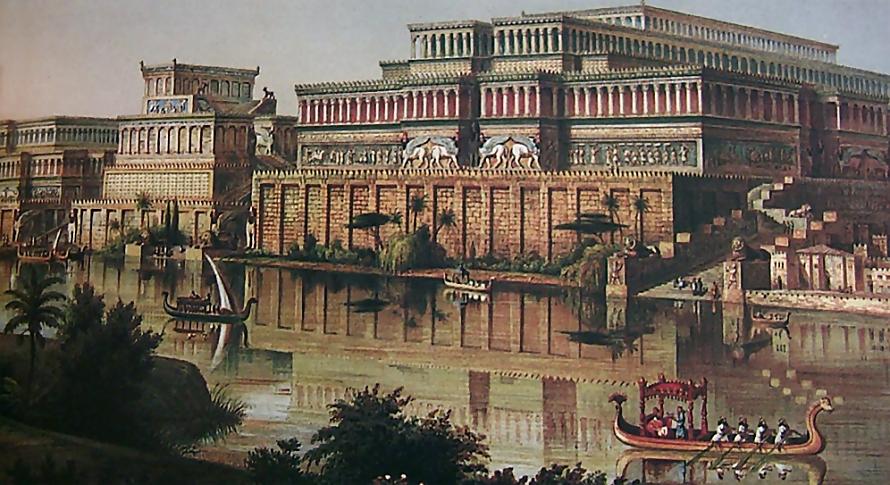
[Listen to an audio version here]
I was talking to a gentleman at presbytery, our regional church meeting, and I asked him how things were going. He said, “I am glad to see that our church is coming back together. We’re still not quite sure who’s with us, but it’s coming.” We continued our discussion, reviewing the past year. We talked about all the confusion that surrounded Covid. Then, there was all the challenges of the quarantine. Then, there was the economic challenges for many. Then, there were the political challenges and protests. Then, there was the election. Then, there was the vaccine with all the questions and difficulties it involves.
The question I ask myself as I review all this is, where do we go in times of such trouble and confusion? It’s easy to let it debilitate us. It’s easy for us to lash out at others and blame. It’s easy to simply go numb. It’s easy to let anger fester. Where do we go in such anxious times?? Nahum gives us a beautiful answer in this book, and that will be our focus for this morning: “The Lord is good, a refuge in times of trouble” (Nah. 1:7).
We have a refuge. We have a place to go when we are struggling. The Lord is a refuge in times of trouble.
As we consider how the Lord is a refuge from the prophet Nahum we will look at the context of God’s anger, the problem of our anger, and the solution of God as refuge.
The Context of God’s Anger
Like many of these prophets, we do not know a lot about the prophet Nahum. It seems likely that he prophesied after Jonah for reasons that will become apparent.
The main topic of this book is the kingdom of Assyria. Remember that there were five great kingdoms that ruled the Middle East. These kingdoms are extremely important for us to understand the Bible: Assyria, Babylon, Persia, Greece, and then Rome.
Assyria was the first and the worst. In light of Assyria’s insecure position, they centered their resources in their military in order to secure their nation. This led ultimately to conquest of the nations around them. They used terror to intimidate other nations. They were the poster boys for toxic masculinity. At the same time, they did some amazing things. We need to see God’s grace at work in all peoples. They built the first known library of the ancient world and collected all sorts of books there. This library was re-discovered in the 19th century and, because the books were written on clay tablets, is still a resource for us today, especially in knowledge of the ancient world. We call it the library of Ashurbanipal, after the leader who constructed it. So, it was, as God said, “a great city,” over which he had concern.
In spite of their greatness and accomplishments, God was not going to tolerate their injustice. He was going to do something about it. That’s what He wanted Jonah to tell them. When Jonah preached to the city of Nineveh, the people repented. They were sorry for their evil deeds, and they repented. As a result, God, who is merciful, gracious, and compassionate, turned from His fierce anger and relented from the harm that He was going to do to them.
Nahum continues that story. At some point, the people of Assyria went back to their old ways and repented of their repentance. Once again, they gave themselves over to injustice and cruelty. Nahum saw God as being utterly opposed to their actions. “The LORD is a jealous and avenging God; the LORD takes vengeance and is filled with wrath. The LORD takes vengeance on his foes and vents his wrath against his enemies” (Nahum 1:2).

